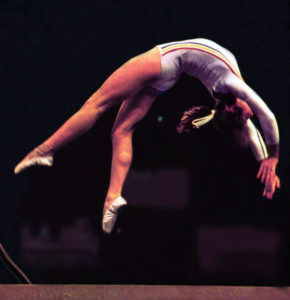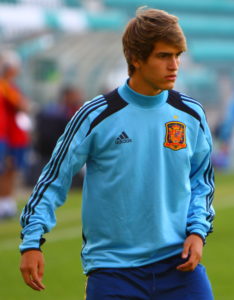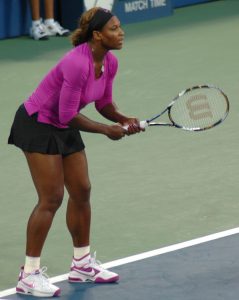Everyone should be able to pursue their dreams. If they want to be a footballer, they should be allowed to do so. Unfortunately, girls are only just beginning to be treated equally, some aren't even allowed to play on the same pitch as boys. Some club coaches split girls and boys into different teams. Why can't they play together?
This year, since the Women's World Cup, lots of girls and women have been inspired to take up football. One of those girls is thirteen-year-old Olivia Hancock. Ever since the age of 7, Olivia has been campaigning for gender equality in football. In May, she was a guest speaker for UEFA before the Women's Champions League final where she spoke about her goal to make sure girls are treated the same as boys when they're playing football. Her story caught the eye of Millie Bright (English professional footballer) and the two decided to meet up to discuss the future of women's football.
Olivia told Millie about her tough experiences in her favourite sport - football. Unfortunately, she also spoke about a time where she was punched by a boy when she was playing in a football match. Millie told her that she thinks boys need to be educated that both genders should both be allowed to play, and both be treated equally.
"That's someone's career, someone's dream and it could be their job for a very long time," Millie said. "For me to say that I wouldn't want to play at Stamford Bridge every week would be a lie. That's something all clubs should be trying to enable women to do, playing at the big stadiums."
When Millie asked Olivia what she'd like to see happen to encourage the women's game, Olivia said: "I think it has to start at primary schools. Set teams up there so they can start at an early age and work their way up in the game."
The Football Association is halfway through a plan to make football the number one sport for girls in the UK. More than 12 million people played football in England last year. A quarter of those were female. That's almost 10% more than the previous year.




















